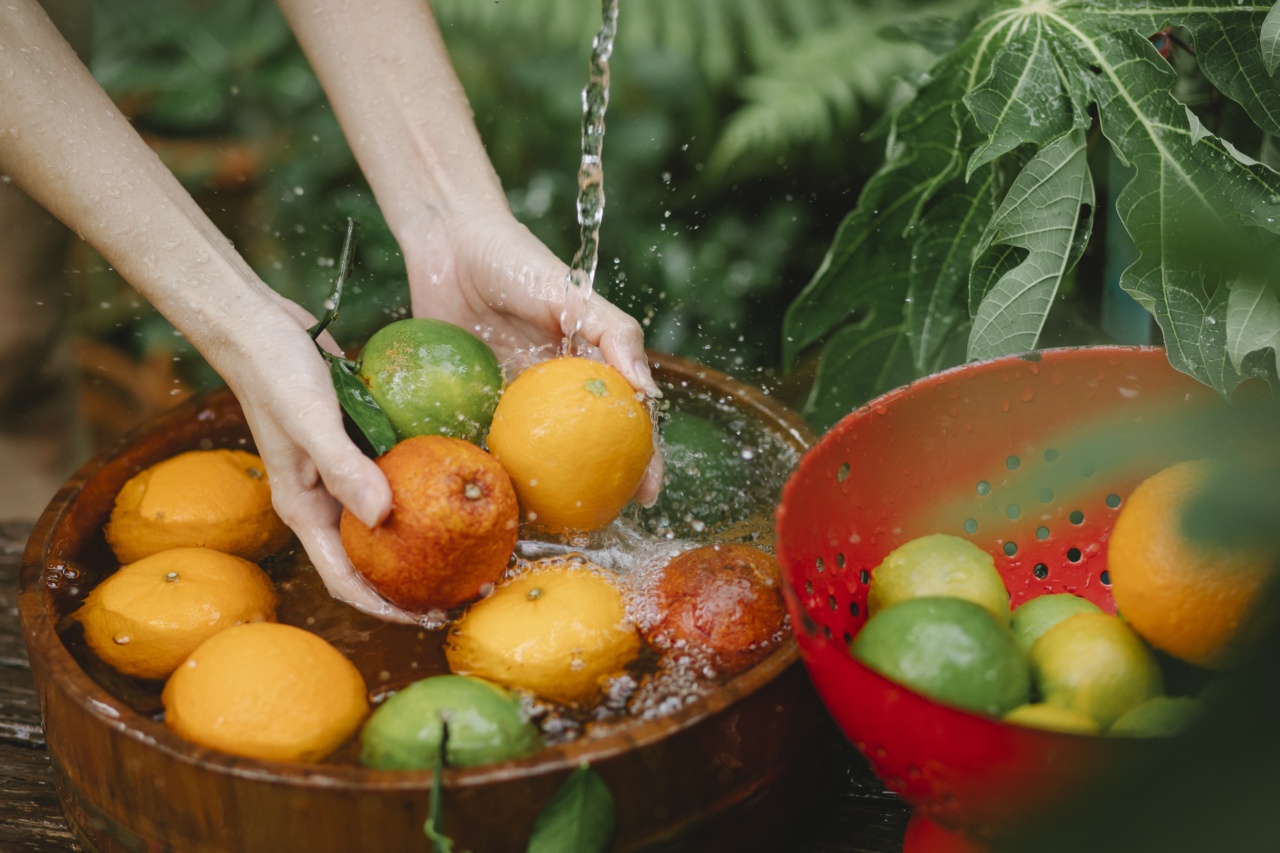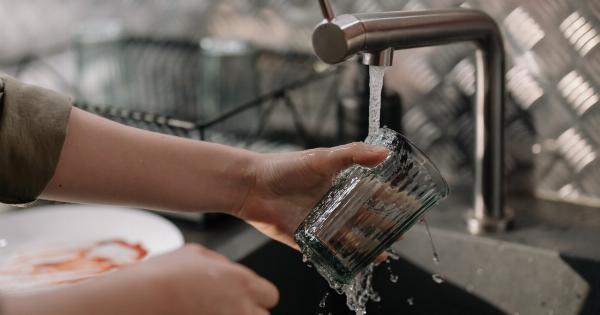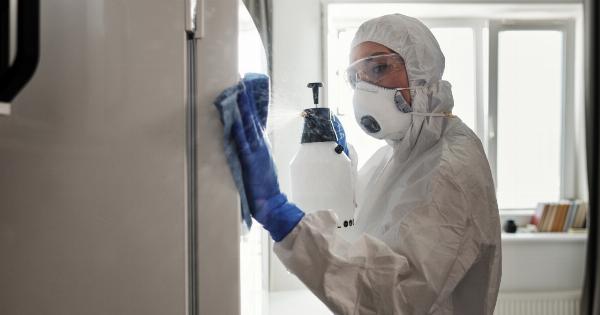Hand washing is one of the most effective ways to prevent the spread of germs and bacteria. But unfortunately, not everyone understands the importance of washing their hands regularly.
In this article, we’ll take a look at what happens when you don’t wash your hands.
Bacteria on Your Hands
Believe it or not, your hands are home to hundreds of thousands of bacteria at any given time. Some of these bacteria are harmless and even beneficial, but others can cause serious illnesses and infections.
The Importance of Hand Washing
Hand washing is a crucial part of personal hygiene. By washing your hands regularly, you can help prevent the spread of germs and bacteria that can cause illness.
When you don’t wash your hands, you are at risk of spreading these germs to others, as well as to yourself.
Illnesses Caused by Poor Hand Washing
There are many illnesses that can be caused by poor hand washing. Some of the most common ones include:.
- Common cold
- Influenza (flu)
- Gastrointestinal infections, such as norovirus and salmonella
- Hepatitis A
- Pneumonia
How Germs Are Spread
Germs can be spread in a number of ways, but one of the most common is through contact with contaminated surfaces or objects. When you touch a surface that has been contaminated with germs, those germs can then transfer to your hands.
If you don’t wash your hands before touching your face or eating, you are at risk of ingesting those germs and getting sick.
The Correct Way to Wash Your Hands
Now that we know why hand washing is so important, it’s important to understand how to do it correctly. According to the CDC, you should follow these steps:.
- Wet your hands with clean, running water (warm or cold), turn off the tap, and apply soap.
- Lather your hands by rubbing them together with the soap. Be sure to lather the backs of your hands, between your fingers, and under your nails.
- Scrub your hands for at least 20 seconds. Need a timer? Hum the “Happy Birthday” song from beginning to end twice.
- Rinse your hands well under clean, running water.
- Dry your hands using a clean towel or air dry them.
When to Wash Your Hands
You should wash your hands regularly throughout the day, but there are certain times when it’s particularly important. You should always wash your hands:.
- Before eating or preparing food
- Before and after caring for someone who is sick or treating a wound
- After using the restroom
- After blowing your nose, coughing, or sneezing
- After touching an animal or animal waste
- After handling garbage
The Consequences of Not Washing Your Hands
If you don’t wash your hands, you are at risk of getting sick and spreading germs to others. In addition to the illnesses mentioned earlier, poor hand washing can also lead to:.
- Food poisoning
- Skin infections
- Eye infections
- Meningitis
Conclusion
Hand washing may seem like a small thing, but it can have a big impact on your health and the health of those around you. Make sure to wash your hands regularly and thoroughly to help prevent the spread of germs and bacteria.





























